Despite the dire state of the world today - and the stereotype that millennials' are selfish and apathetic - the generation aged 18 to 35 cares deeply about global issues, and they're determined to tackle them.
In fact, 70 percent of millennials see plentiful opportunities for themselves and their peers, and 50 percent believe they can significantly contribute to decision making in their home country.
These insights come from the World Economic Forum's (WEF) annual Global Shapers survey, released this week, which surveyed more than 26,000 millennials from 181 countries to gauge the priorities, concerns, and attitudes of millennials around the globe.
In one survey, WEF asked respondents to name the three most serious issues affecting the world today. For the second year in a row, millennials are most concerned by climate change, followed by large-scale wars and religious conflicts.
When asked who should be trusted to fix the issues plaguing the world, millennials said the responsibility belongs to international organisations and themselves.
Below are the top 10 most concerning world issues, according to millennials.
10. Lack of economic opportunity and unemployment (14.2 percent)
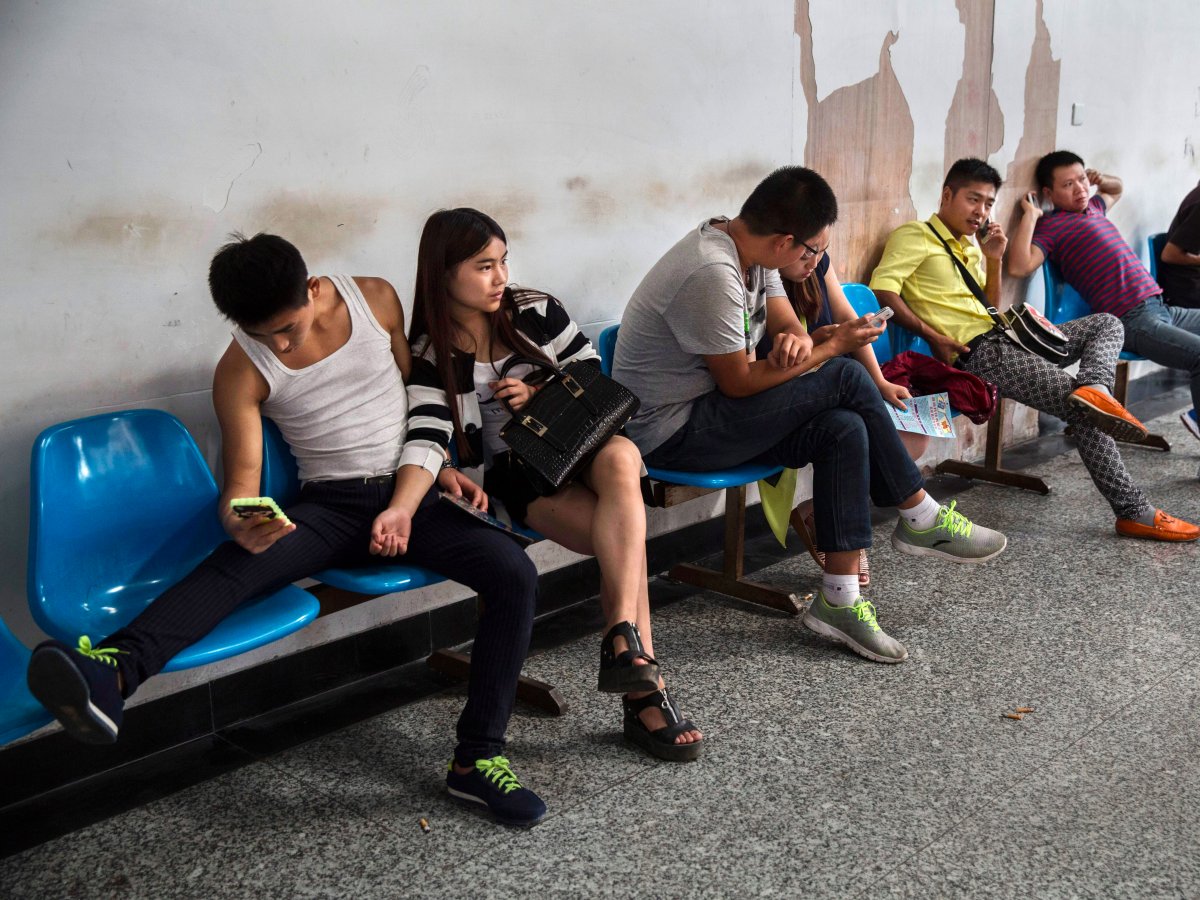 Kevin Frayer/Getty
Kevin Frayer/Getty
About 22 percent of millennials in Sub-Saharan Africa are concerned with unemployment and the lack of economic opportunity in the world compared to just 8.3 percent of Eurasians.
9. Food and water security (15.1 percent)
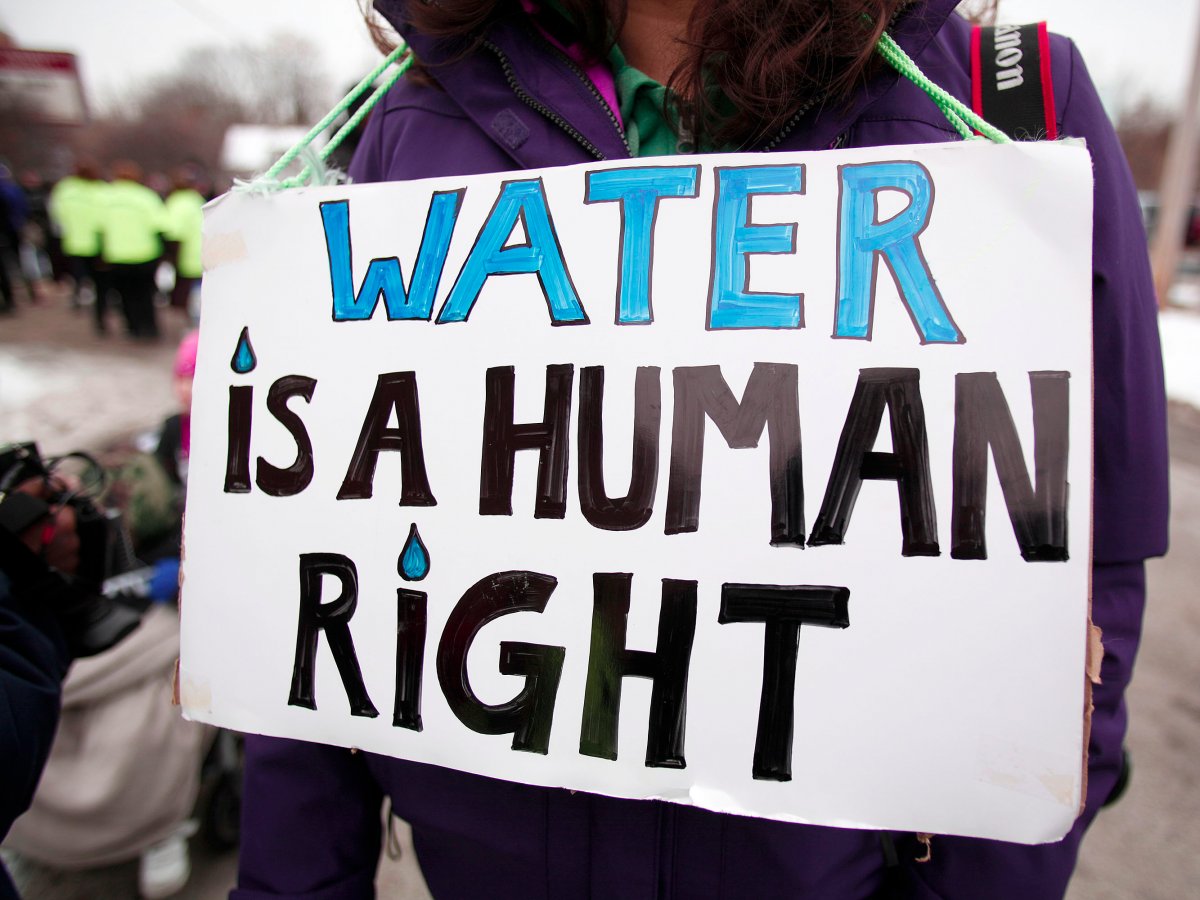 Bill Pugliano/Getty
Bill Pugliano/Getty
North American millennials (27.3 percent) are most concerned by the global lack of food and water, followed by 21.5 percent of millennials in Europe and 11 percent in both Latin America/the Caribbean and Sub-Saharan Africa.
8. Lack of political freedom and political instability (15.5 percent)
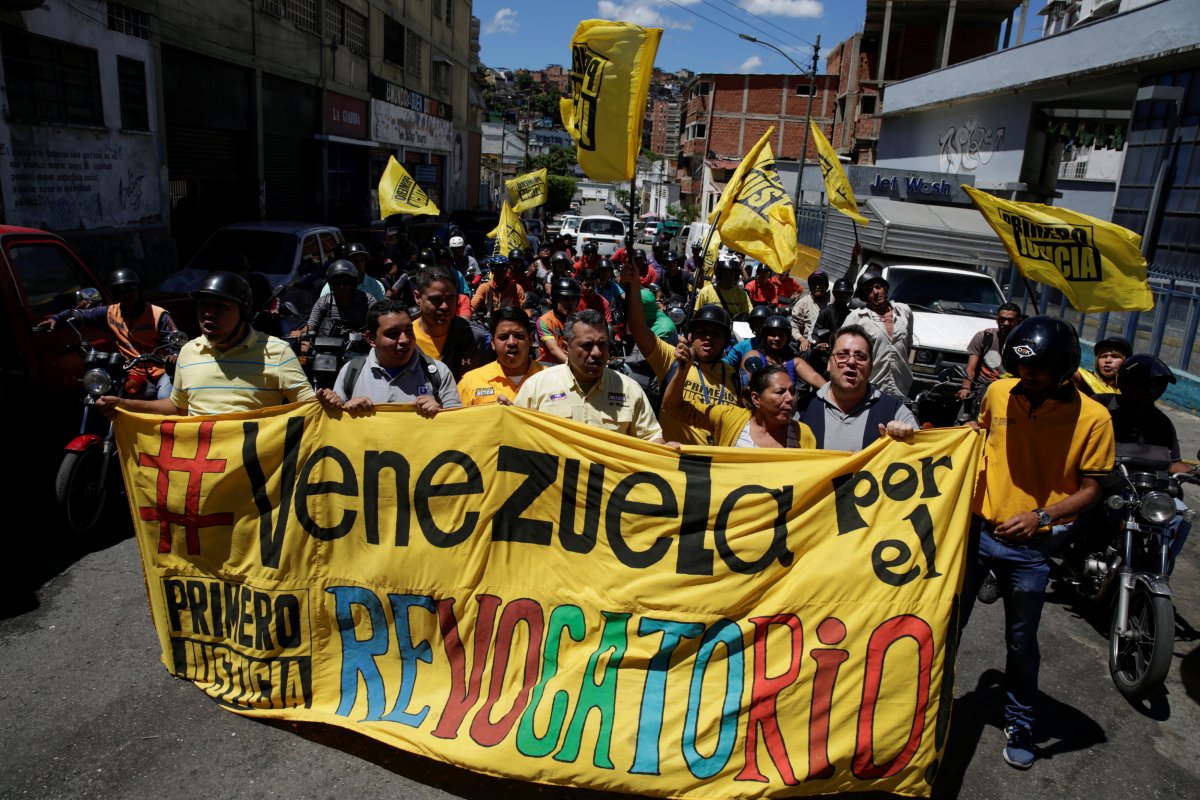 Marco Bello/Reuters
Marco Bello/Reuters
About 19% of millennials in East Asia/the Pacific are bothered by the lack of political freedom and stability in the world, followed by 18.9 percent of millennials in Eurasia.
7. Lack of education (16.5 percent)
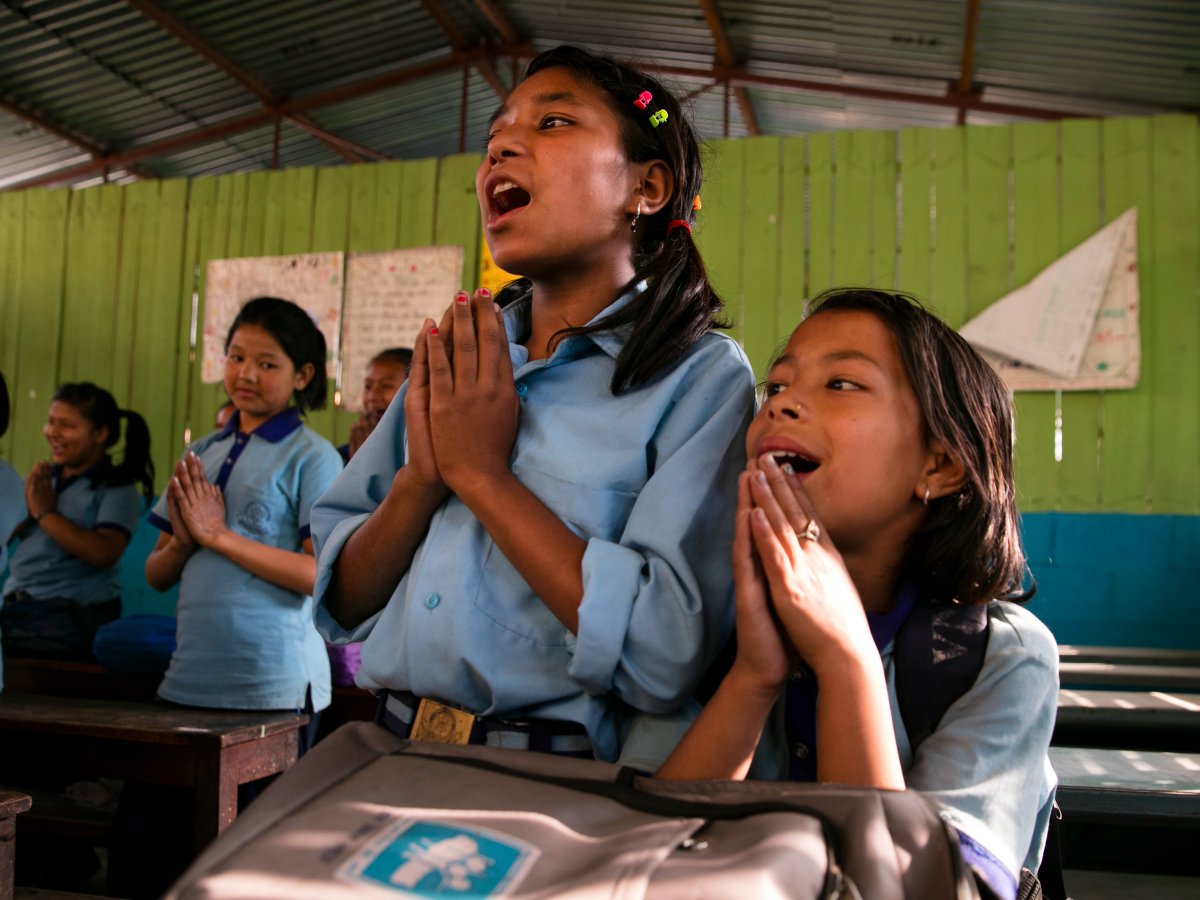 Paula Bronstein/Getty
Paula Bronstein/Getty
North American millennials (21.8 percent) are most concerned with lack of education around the world, followed by an equal percentage (19.7 percent) of millennials in Europe and Eurasia. Meanwhile, just 7 percent of millennials in Sub-Saharan Africa are concerned with a lack of education.
6. Safety, security, and well-being (18.1 percent)
 Vesa Moilanen/Reuters
Vesa Moilanen/Reuters
Millennials in Sub-Saharan Africa (24.6 percent) and the Middle East/North Africa (23.4 percent) are most concerned with safety and well-being around the world, while millennials in Latin America/the Caribbean are least concerned (12.8 percent).
5. Government accountability and transparency, and corruption (21.7 percent)
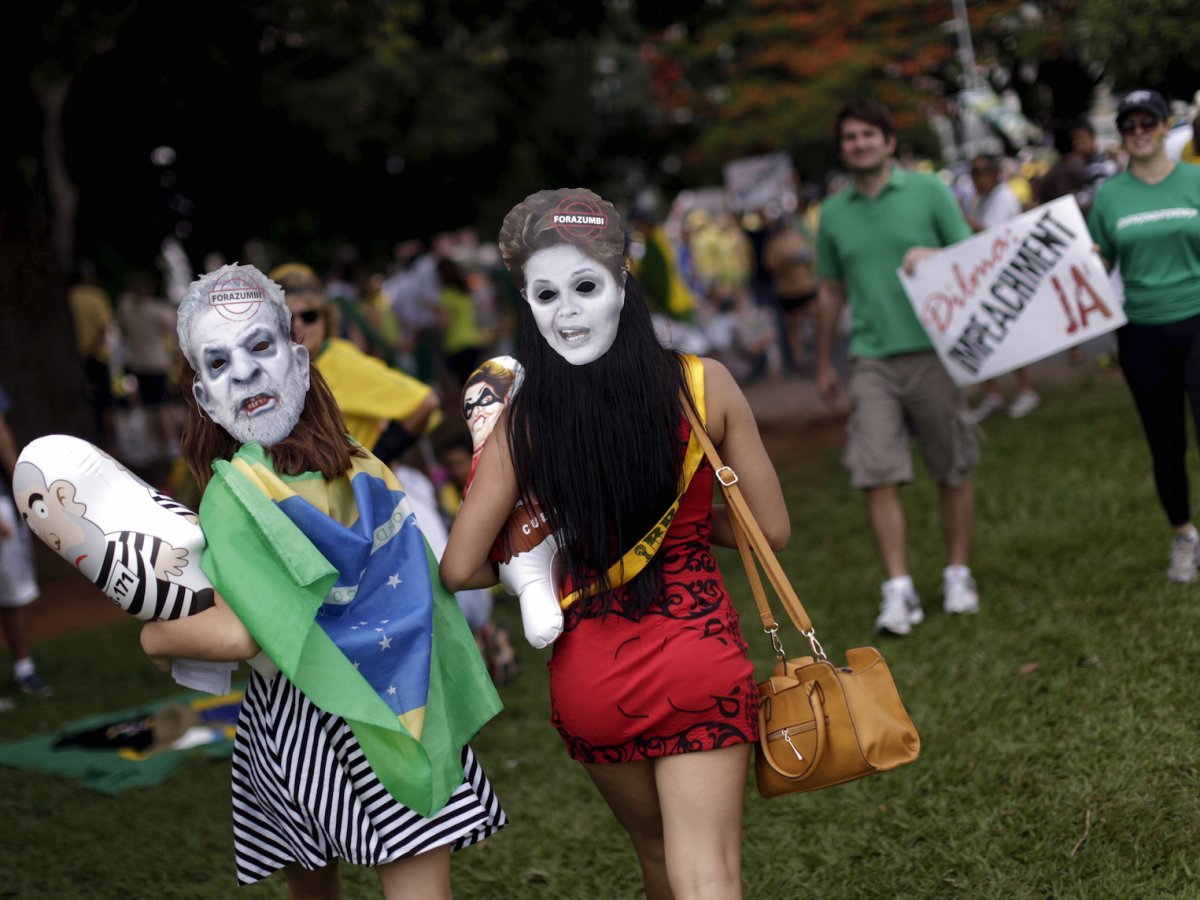 Ueslei Marcelino/Reuters
Ueslei Marcelino/Reuters
About 32 percent of millennials in sub-Saharan Africa are concerned with world government issues, the highest of the sub-regions, followed by Latin America/the Caribbean (27 percent) and the Middle East/North Africa (23.2 percent).
4. Poverty (31.1 percent)
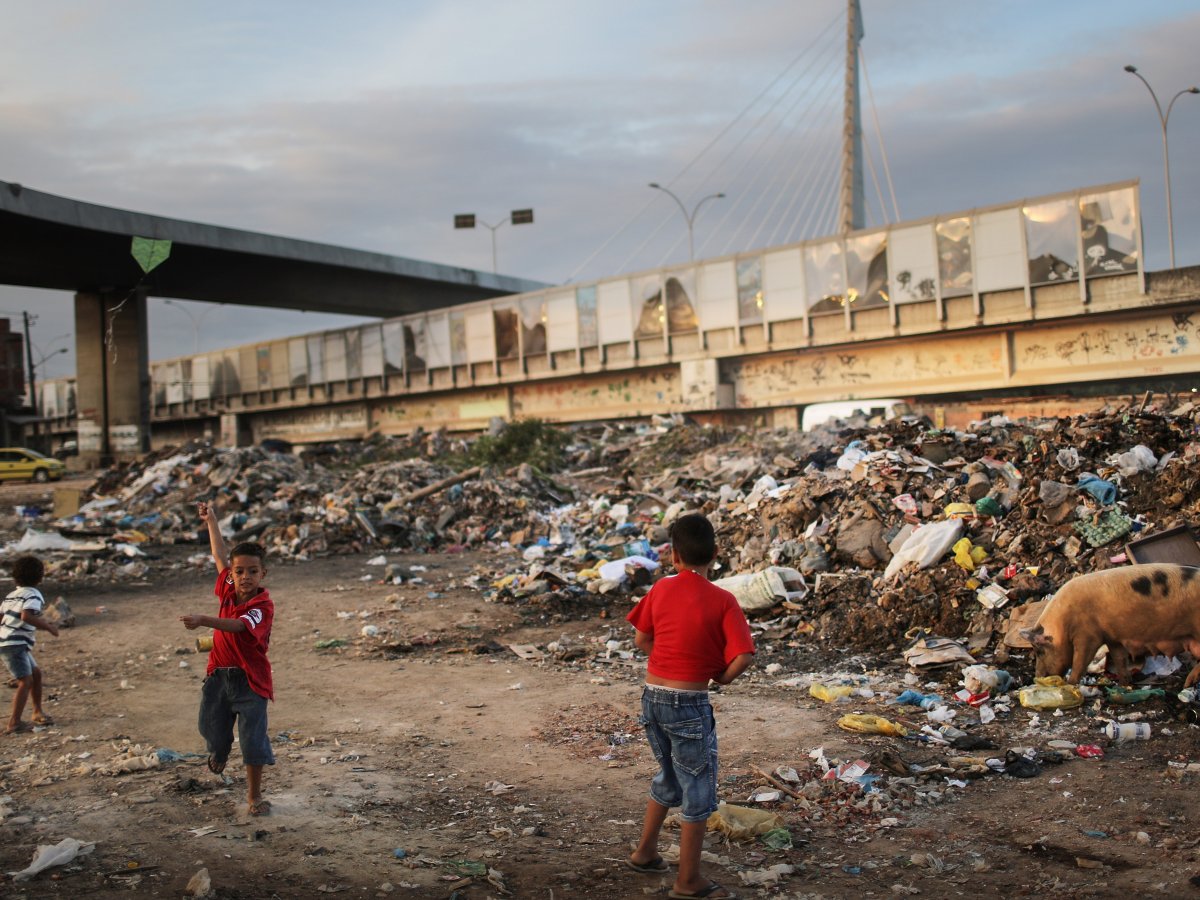 Mario Tama/Getty
Mario Tama/Getty
Latin American and Caribbean millennials are most concerned with poverty (40.4 percent), followed by millennials in North America (33.9 percent) and Sub-Saharan Africa (33.6 percent).
3. Religious conflicts (33.8 percent)
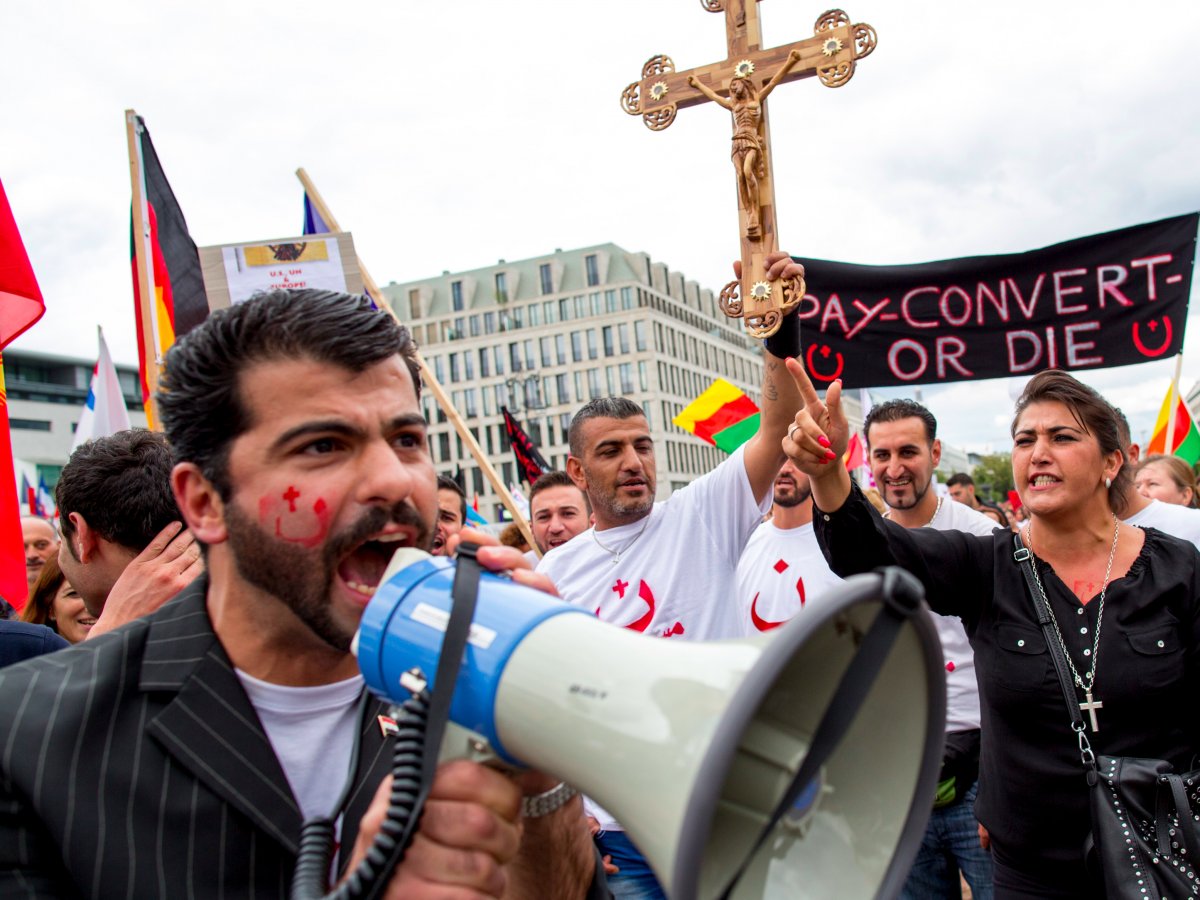 Carsten Koall/Getty
Carsten Koall/Getty
Many of the world's millennials are largely concerned with religious conflicts, mostly in the Middle East/North Africa (45.1 percent), South Asia (44.1 percent), Eurasia (41.8 percent), and Europe (38.8 percent).
2. Large scale conflict and wars (38.5 percent)
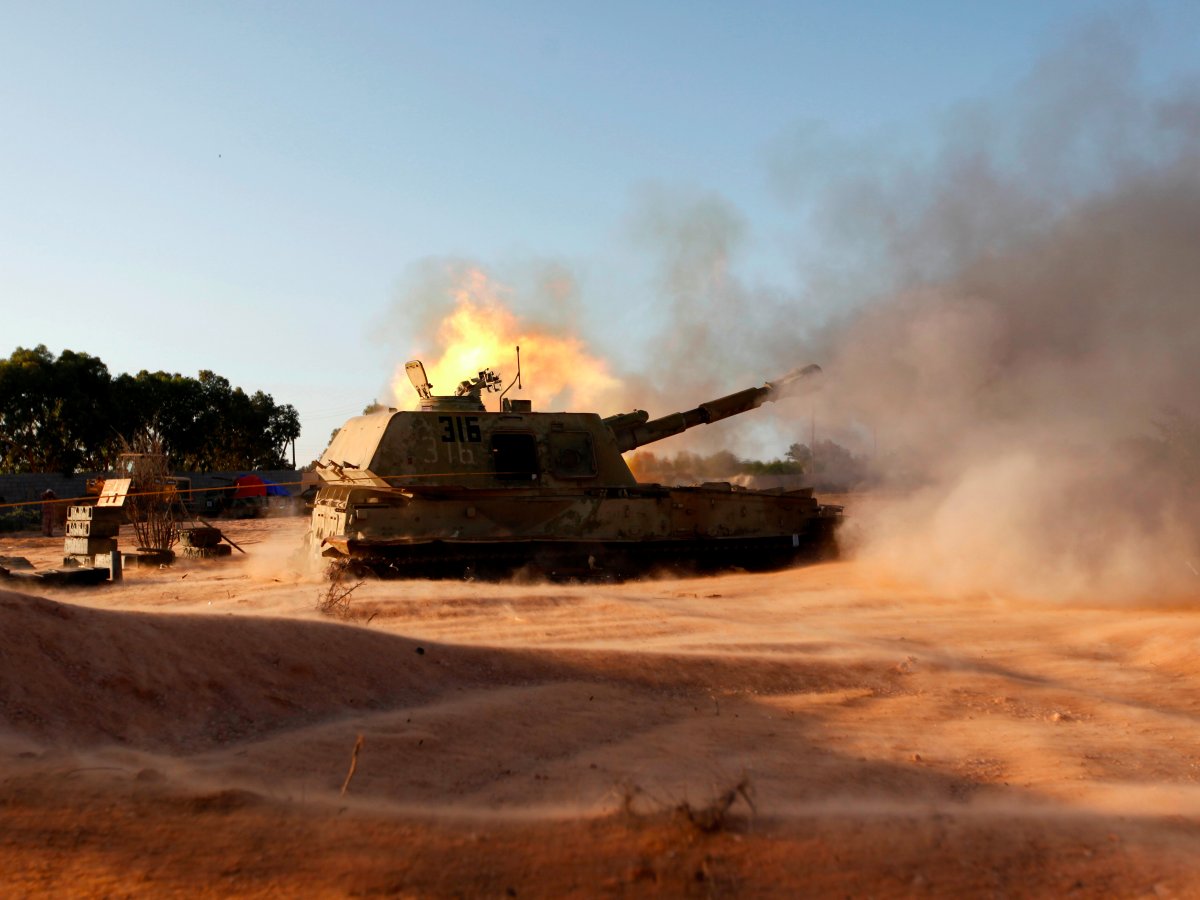 Ismail Zitouny/Reuters
Ismail Zitouny/Reuters
According to the WEF survey, millennials in Eurasia (54.3 percent) and the Middle East/North Africa (50.3 percent) are most concerned with global conflict.
1. Climate change and destruction of natural resources (45.2 percent)
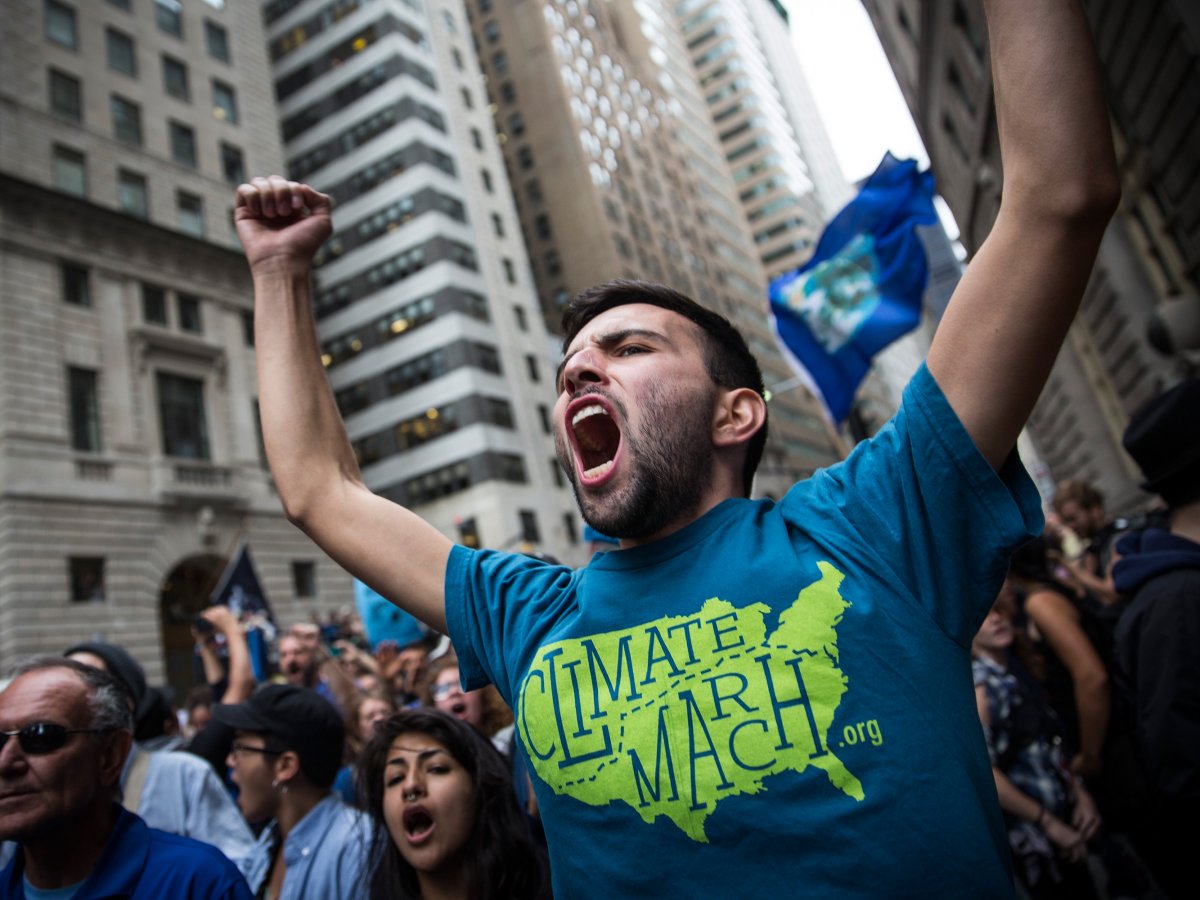 Andrew Burton/Getty
Andrew Burton/Getty
Millennials in Latin America/Caribbean (51.8 percent) and South Asia (49.3 percent) are most concerned with global warming and climate change.
This article was originally published by Business Insider.
More from Business Insider:
